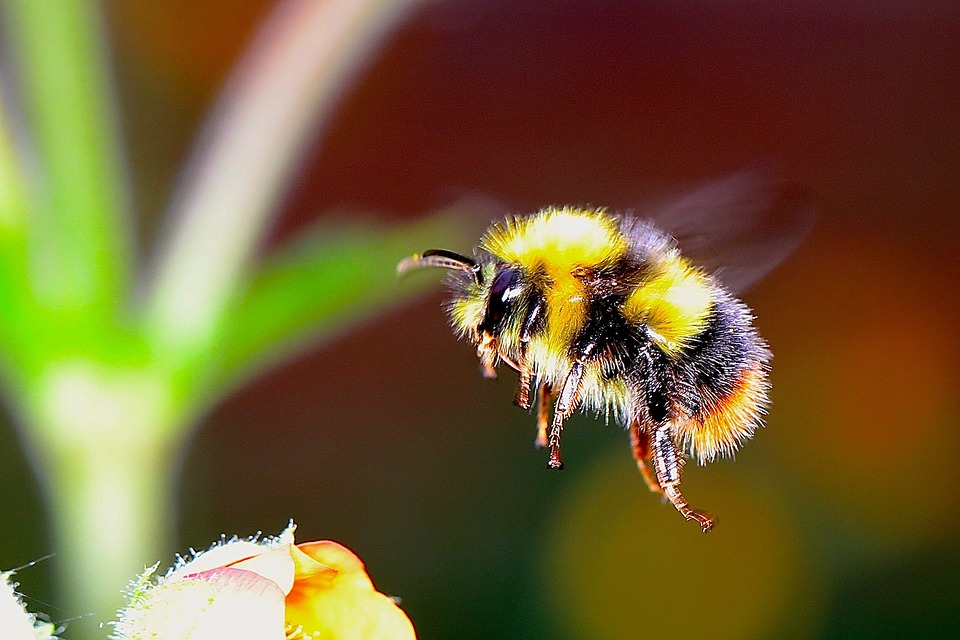By Warren Miller, contributing writer
With each passing day, the real world seemingly becomes more and more like the stuff of science fiction. Cars that drive themselves, giant internet retailers delivering consumer goods via drones — the list goes on and on. Get ready for the next stage in technological evolution, but be prepared — this one’s a doozy. Walmart, one of the world’s largest retail outlets, has filed a patent for robotic bees.
The patent request is one of six farming-related patents filed by the conglomerate, perhaps signaling Walmart’s intention to begin cultivating its own food supplies. Walmart’s grocery delivery service, in direct competition with a similar service offered by internet retailer Amazon, is expanding to over 800 stores and will theoretically be capable of reaching about 40% of U.S. homes by the end of the year, according to the company.
Walmart’s patent describes bee-like drones designed to pollinate crops like real honey bees would, all of which would be controlled remotely from a central location. The concept is similar to a design that a group of Harvard University researchers developed in 2013 in response to the ever-shrinking honey bee population, an epidemic that agriculturists worry could significantly harm food production worldwide. The Harvard RoboBees could fly and hover in midair like their living counterparts while tethered to a power supply and have since gained the capability to adhere to surfaces and operate underwater. To date, however, Harvard’s mechanized insects can’t be remotely controlled.

Image source: Pixabay.
Walmart’s patent filing does delineate remote control capabilities, however, along with the ability to detect pollen in plants and flowers. Another of its patent requests describes drones that deter pests by spraying targeted groups of crops in particular distress as opposed to dousing entire fields in pesticides. These drones could also be used to drive away birds by flying around crops and perhaps making noise, making them the evolutionary equivalent of “scarecrows or shiny devices,” according to the paperwork.
While it may still be some time before Walmart is cultivating and distributing its own food supplies, these patent requests suggest that they intend to do so at some point in the future. Taking the larger view, RoboBees like the ones that Walmart describes could be the key to preventing the ever-worsening problem of world hunger in the future. The planet’s honey bee population continues to decrease. Although the number of honey bee deaths declined in 2017 from the year before, the long-term decimation threat is still very real and disturbing because as the honey bee population decreases, so does the roughly one-third of the world’s food supply that counts on bee pollination to subsist. If technology like this can make up for that decline, we will all be hoping to see swarms of mechanized bees flying around sooner rather than later.
Advertisement
Learn more about Electronic Products Magazine





